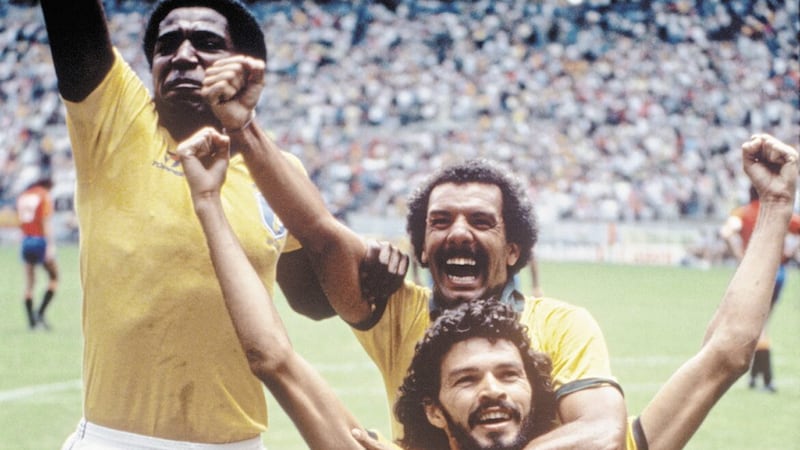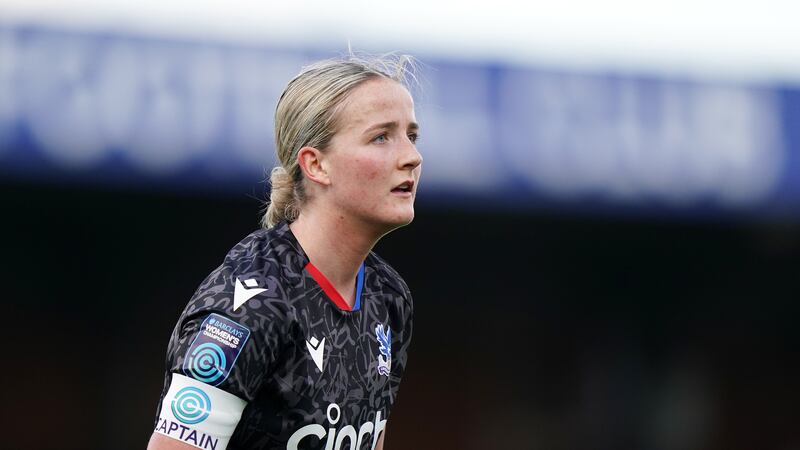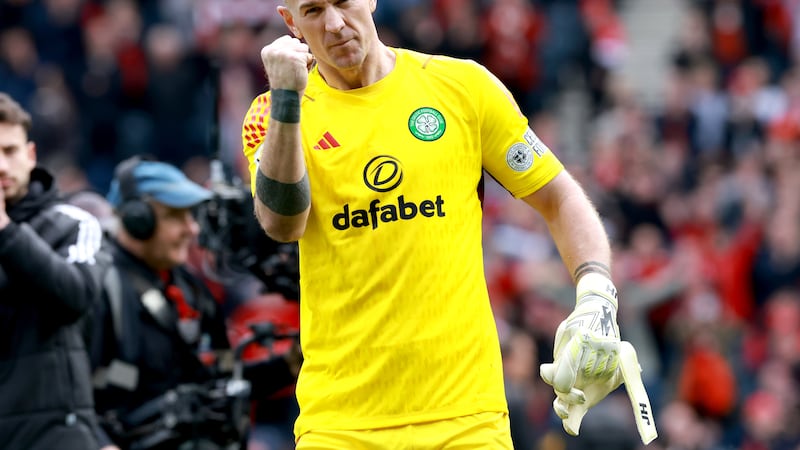I FELL in love with Guadalajara in the summer of 1986. Maybe it was because this charming Mexican city had an impossible amount of syllables and the way they sounded.
Or, perhaps it was how a World Cup match at the famous Jalisco Stadium between Brazil and France left a lasting impression on my childhood.
I also had fallen in love with the Brazil team four years earlier. In 1982, I vividly recall my father beseeching me to watch them and a player called Socrates.
Nearly everywhere you looked on that Brazilian team - arguably the best side never to win a World Cup – there was greatness.
Falcao, Cerezo, Junior, Leandro and Eder. My personal favourite was Zico.
Tele Santana had two major problems in trying to guide Brazil to the 1982 World Cup: they had a really poor goalkeeper [Waldir Peres] and centre forward [Serginho], the latter only won a place in the starting line-up following a pre-tournament injury to Careca.
Brazil’s shortcomings were glaring and ultimately insurmountable.
My first footballing heartbreak was watching eventual winners Italy knock Brazil out of the World Cup in an unforgettable game where the late Paolo Rossi grabbed an unlikely hat-trick in the Sarriá Stadium, Barcelona.
To this day, I could recount virtually all of John Motson’s commentary and still remember feeling inconsolable as Eder, bare-chested, walked off the pitch destined to never play in another World Cup.
In January 2004, I set off for Guadalajara to visit the Jalisco Stadium and reflect on another World Cup heartache of 18 years earlier.
Javier was my taxi man. He drove me to the stadium where France dumped Brazil out of the 1986 World Cup quarter-finals on penalties after what was quite possibly an even better game than Italy's 3-2 win over Tele Santana's men four years earlier.
There were no guided tours, no fee to enter the place situated on the dusty fringes of the city. Anyone could wander into the empty Jalisco Stadium unopposed.
Inside, it's how I imagined it. A magnificent concrete bowl and faded green, sun burnt pitch. From my television screen I always remember these bizarre green hedges beside the dug-outs.
Perfectly groomed, they were still there.
As I sat in this wonderful empty arena, I tried to piece together where Michel Platini would have been when he threaded that wonderful through pass to Bruno Bellone and Brazil's advancing 'keeper Carlos grappling with the French substitute, preventing him from scoring and winning the game for France.
And wondering the exact spot of Zico, an injury-prone 33-year-old at the time, when he found Branco with an even better defence-splitting pass and Joel Bats hauling the left back down and conceding a penalty.
Which goal was it that Zico fluffed his penalty, and Platini consoling him with a sympathetic ruffling of the Brazilian's hair?
Careca's beautiful opening goal. An ageing Platini tapping to the net to equalise before half-time. Socrates running on empty. Junior still searching for his unbelievable form of Spain '82. It was a game that had everything.
Two years earlier - in 2002 - in their infinite wisdom, The Irish News sent this rookie reporter to the Far East to follow Republic of Ireland's fortunes at the World Cup finals, and failing miserably to capture just how big the era-defining fall-out between Mick McCarthy and Roy Keane actually was.
I was here for the football, after all. On one of my days off, I escaped the claustrophobia of the Irish camp and watched Brazil's Ronaldo score a couple of goals against Costa Rica down in Suwon, while sharing the same press tribune space as former greats Junior and Falcao.
A few days later, from the same press seats, we watched the Irish crash out of the World Cup on penalties to Spain and left wondering would I ever get to another finals.
The Germans knew how to run a World Cup in 2006. With no Irish interest, press accreditation secured and free trains allowed me to travel all around the country. I got to watch nine first round games in 12 days.
Munich. Hanover. Hamburg. Nuremburg. Frankfurt. Twice in beautiful Leipzig and Stuttgart.
There's no better sporting event than the World Cup. Even when the football wasn't great in South Africa and at times in Brazil and Russia, the World Cup still awakens the child in all of us who follow the beautiful game.
FIFA corruption is, sadly, part of the World Cup terrain - and Qatar's human rights record has dubious claims on being fit to host the current tournament.
America, a co-host in 2026, isn’t exactly lilywhite either. Likewise, Russia in 2018, given their trajectory before and after the finals they hosted.
Through the mire of bought votes, financial misgivings and audible gasps when Qatar was pulled out of the hat 12 years ago, there’s part of us that refuses to grow up.
In many ways, we're still looking for heroes between the white lines every four years. Champions Leagues come and go every year, but there's a romance, a rawness about the World Cup that remains untouchable.
Watching Lionel Messi miss a penalty against Poland on Wednesday night before recovering and leading the creative push for Argentina to go deeper in the competition.
Switching the TV over and watching Mexico, the majority of their players we've never heard of before, and yet willing them to score another goal against Saudi Arabia as if our happiness on that particular night depended on it.
Absolutely, gloriously, thrillingly, losing perspective. Every four years.
Remembering what happened in Jalisco all those years ago. Diego Maradona playing football from another world.
High up in the Gods in the Ibaraki Stadium, Robbie Keane thumping home a late equaliser against Germany.
Ronaldo in Suwon. A genius.
Mesmerised by Andrea Pirlo's dancing feet in Hanover. Nobody laying a glove on Xavi in Leipzig.
The audible silence before Andreas Iniesta won the World Cup for Spain in Soccer City.
If only Gonzalo Higuain could relive the Maracana all over again - and more heartbreak for Messi.
A phenomenon called Mbappe. Vinicius Junior - the quickest football brain in Qatar. A bagful of memories already.
The World Cup will be forever the greatest show on earth.








